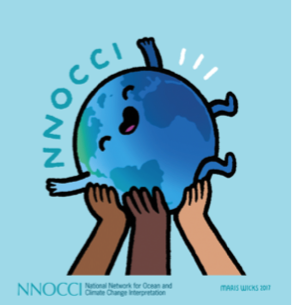Jennifer Hoey
Environmental Scientist, CDFW
Research Associate, CAS
About me
I am currently an Environmental Scientist with the California Department of Fish & Wildlife in the Bay Delta Region. I am also a Research Associate in the Reefscape Genomics Lab at the California Academy of Sciences. My research focuses on how microevolutionary forces shape patterns of genetic diversity across space and through time, and how the processes inferred from past and current genomic patterns might influence evolutionary potential in a changing world. I use population genomics, natural history collections, computation and fisheries datasets to understand the past, present and future of aquatic populations so that this information can be used for conservation and science-based policy management. I am also passionate about science communication, and I am involved in multiple projects and programs to develop curriculum, present public outreach talks, and teach and train students about coral reefs and scientific methodologies.
As a Research Associate, I am examining hybridization and adaptation across reef depth in a Caribbean coral community.
I earned my PhD under the guidance of Malin Pinsky as part of the Graduate Program of Ecology & Evolution at Rutgers University. Prior to pursuing a PhD, I worked and volunteered for several San Francisco Bay Area non-profits to engage youth and community members in science education and stewardship. I also assisted with understanding eco-evo feedback interactions in Trinidadian guppies and the monitoring and restoration of coho salmon populations in northern California. I received my Bachelor’s degree from the Department of Integrative Biology at UC Berkeley.
